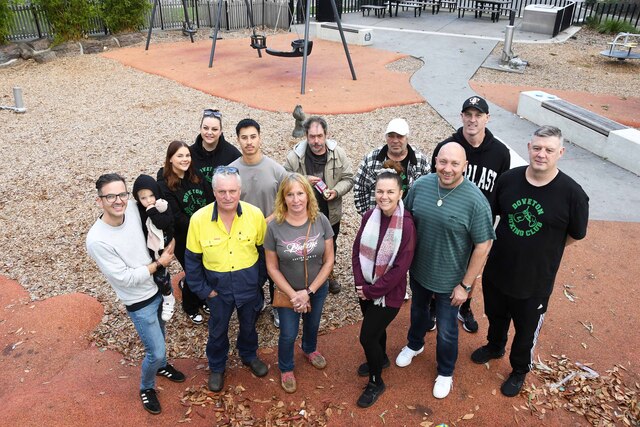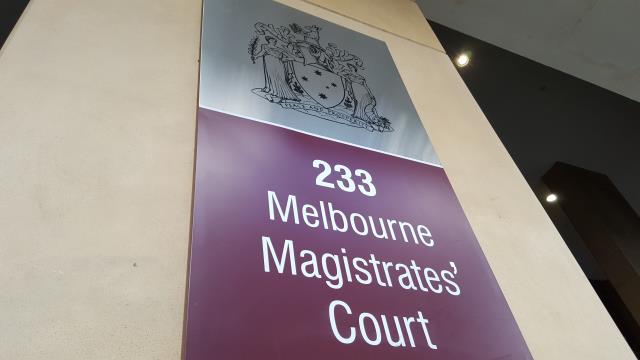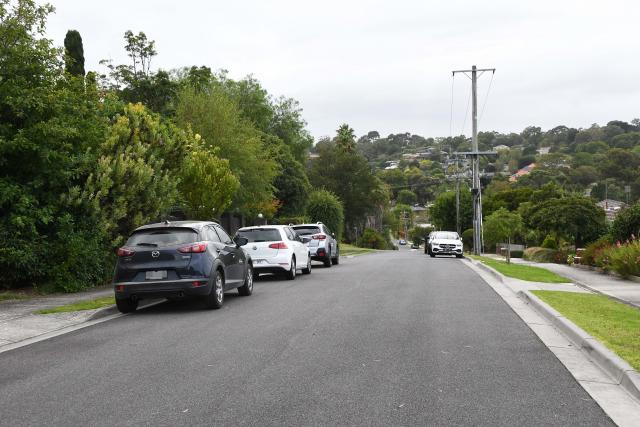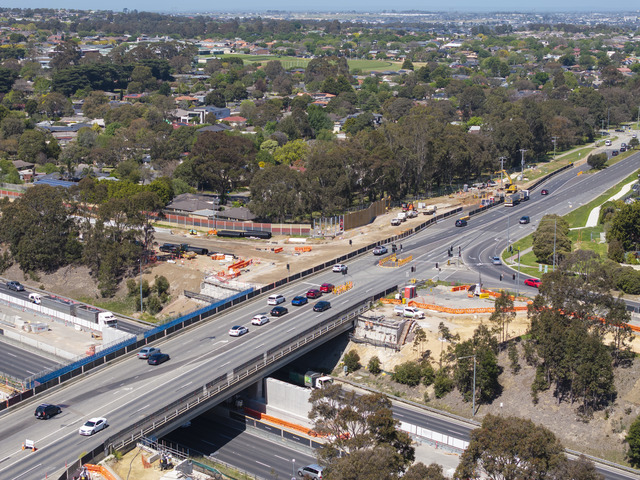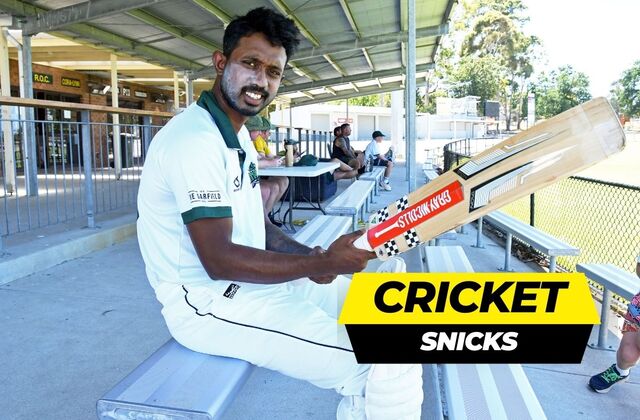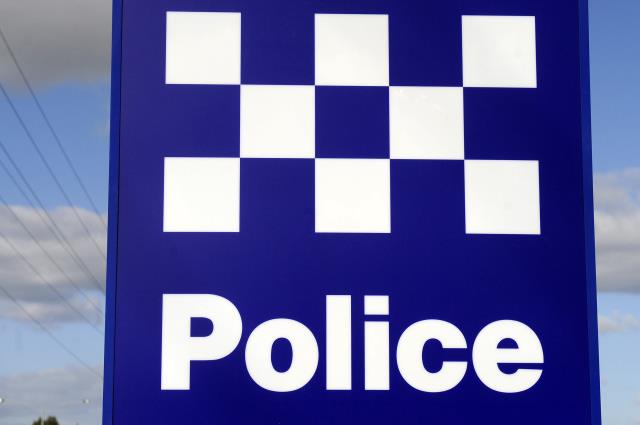The State Government has recently passed an in-principle agreement to recast Victoria’s driving laws surrounding medicinal cannabis patients on 31 July, providing them a legal defence while on the road.
Stephen Matulec, a Grevillea Ward candidate in the upcoming Casey Council elections, seconded the decision, saying that the process should not have been so “black and white or just a positive or negative test”.
“If you are a medical cannabis patient and you need the medication, and it’s at a level where it’s not going to impair your driving ability, then you should be able to drive.
“The police should be there to test for impairment, not just the presence of the drug,” he said.
The in-principle agreement is a commitment to developing a proposal surrounding said legal defences for medicinal patients, as long as they are not impaired at the time of testing.
Furthermore, the state government also committed to engaging in widespread consultation with a variety of legal and road safety stakeholders, with plans to table a report on the proposal in the Legislative Council by 18 October 2024.
A Penington Institute release supported the agreement, where ceo John Ryan said he was encouraged that the government had shown it was prepared to make common-sense changes in its approach to cannabis regulation.
“This is a major development and a win for medicinal cannabis patients,” he said.
“It is heartening to see the Victorian Government stand up and acknowledge the flaws with the existing policy.”
Matulec, a staunch supporter of cannabis regulation believes that if one were a consenting adult, they should be able to choose what they want to do with their bodies, “especially if no one else is harmed”.
“If you’re in your own home, consuming cannabis, you’re not harming anyone else and to just punish someone for basically a victimless crime is just not right,” he said.
Echoing Penington Institute ceo John Ryan’s previous comments, Matulec believes that law enforcement resources could be more efficiently managed if a regulated cannabis market were put in place, as well as countering the strong black market viability of the drug’s current status.
Expanding on the possible chemicals mixed with illicitly-obtained cannabis, he added that the current countermeasures have minimal intended effect and there should be more focus on the health system to deal with those addicted.
“Instead of putting these people in the hands of police, the courts, treating them like criminals, we need people with genuine addiction to go to community groups, medical professionals, their families,” he said.
“These are people that can help more than just throwing someone in prison.
“Different drugs have different situations, but making it legal doesn’t necessarily mean people are going to use it more, and that’s the thing, if you can control it you can legalise it because people know the doses.
“It’s healthier for it to be regulated because if you’re taking something from a drug dealer, you don’t know how strong it is, you don’t know what it is,” he said.
Bringing his topic back to the new in-principle agreement, Matulec added that if someone were a medicinal cannabis patient, they shouldn’t need to choose between taking their medication and pain relief, but with the risk of license loss or a physically painful drive.
THC – also known as tetrahydrocannabinol – can linger in a person’s system for weeks and can be detected long after any potential impairment was caused.
Just like how alcohol is treated, “there are certain limits where it’s not just, ‘is there alcohol in your system or not’”.
“With cannabis, it could be where you can have the necessary amount for your medical condition as long as it’s not affecting the way you drive.
“There needs to be a clear differential, one should be able to drive, if safely, and take medication and not be pained, they shouldn’t be treated like a criminal,” he said.
Mr Ryan is of the same mind, adding that medicinal cannabis patients who aren’t impaired and are using their medication as directed by their doctor “should be entitled to the same legal protections”.
“[Such as those] afforded to patients taking other prescribed medications; people should not have to decide between their medicine and mobility,” he said.
Victoria was the first state to approve the use of medicinal cannabis in 2016, however, it has remained a criminal offence for drivers to have THC, including from medicinal cannabis, detected in their system.


